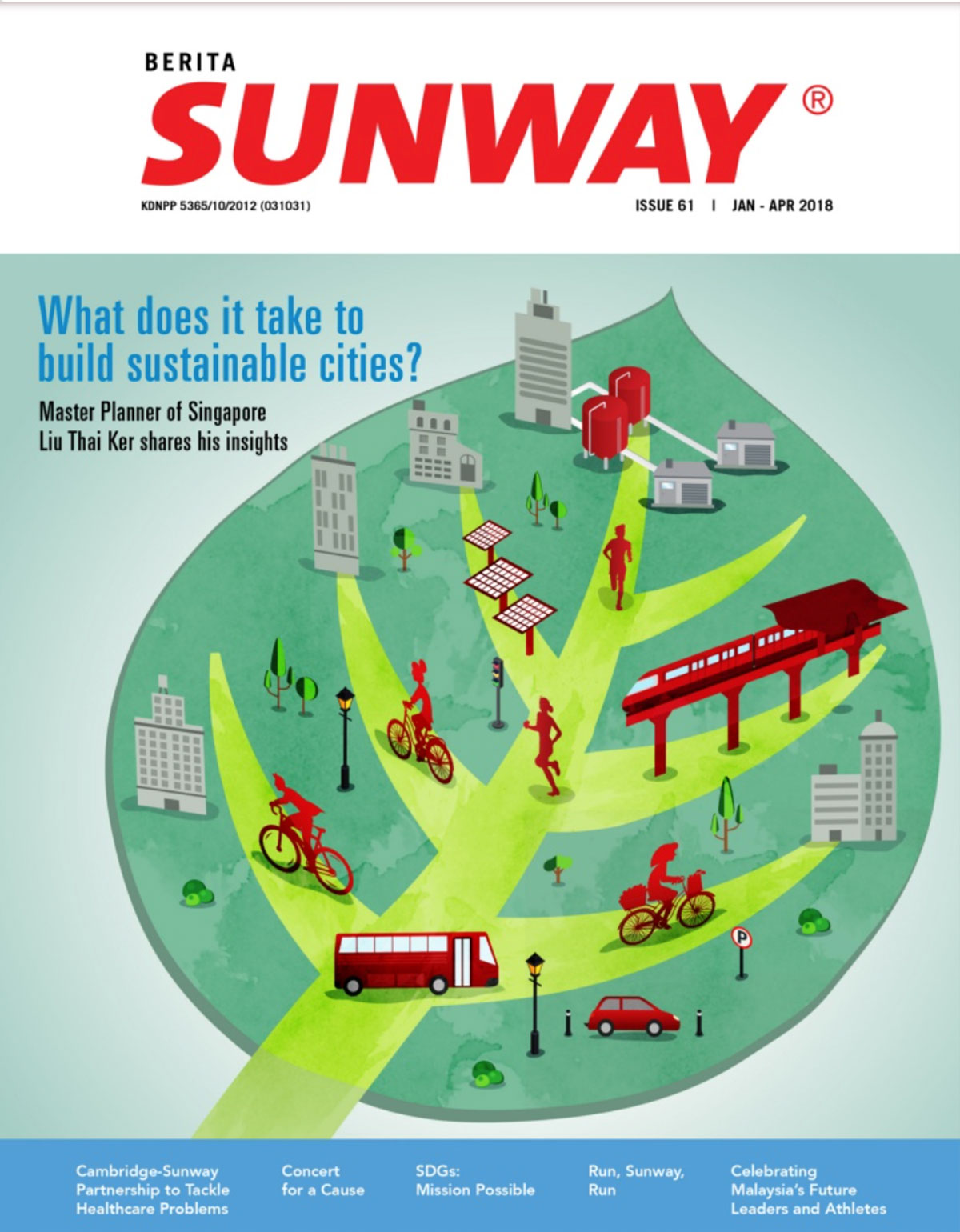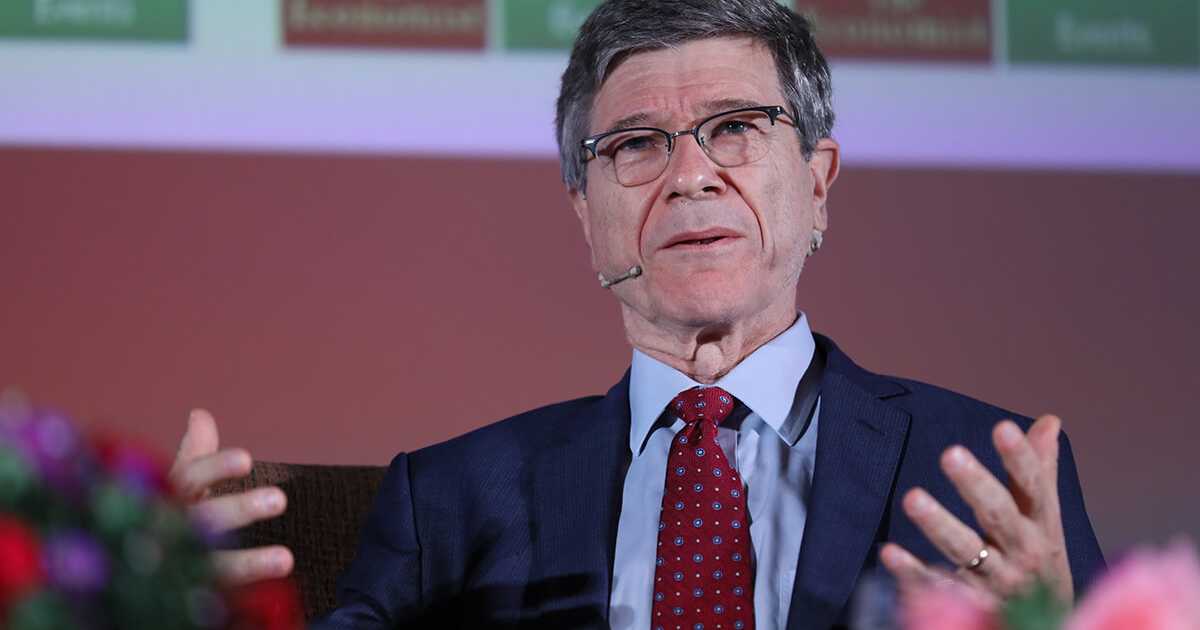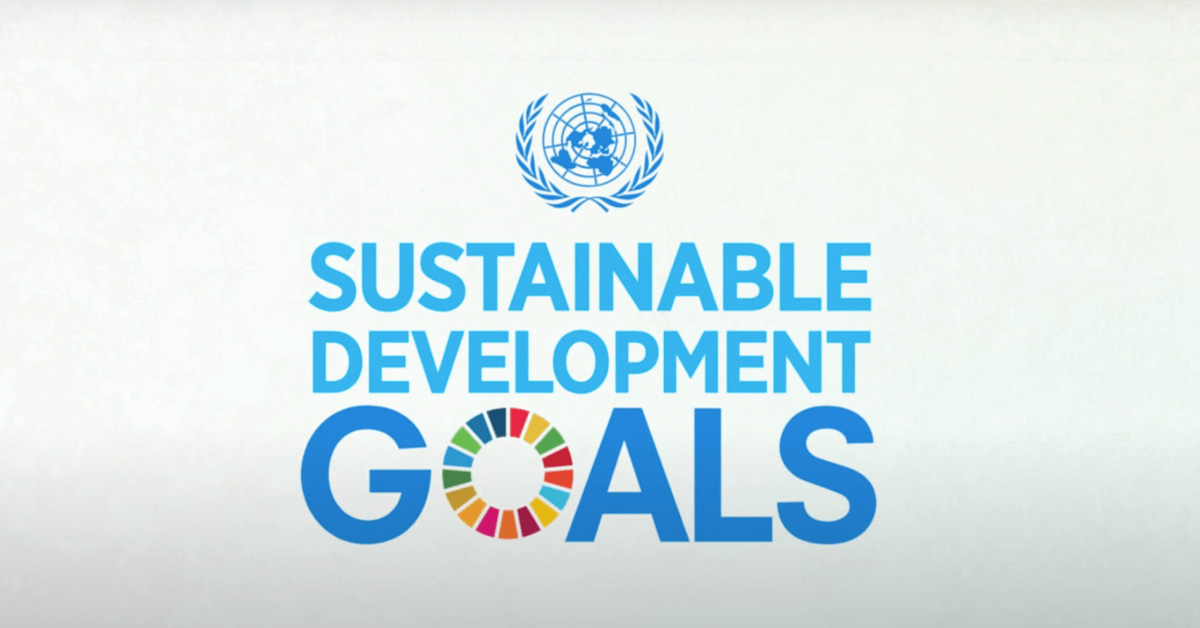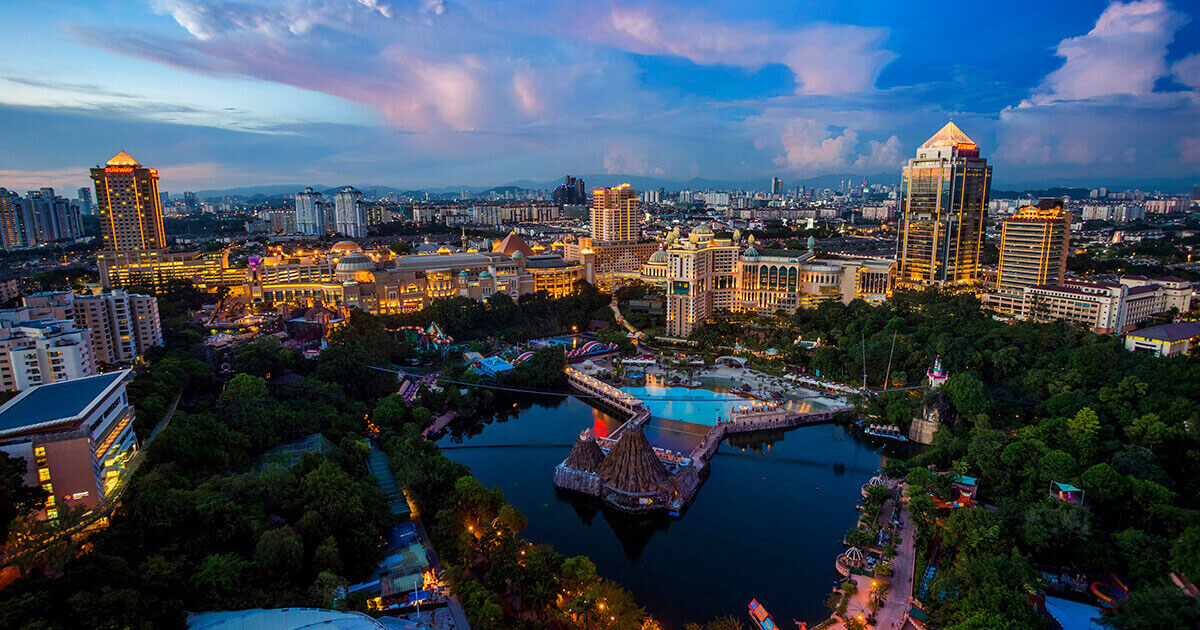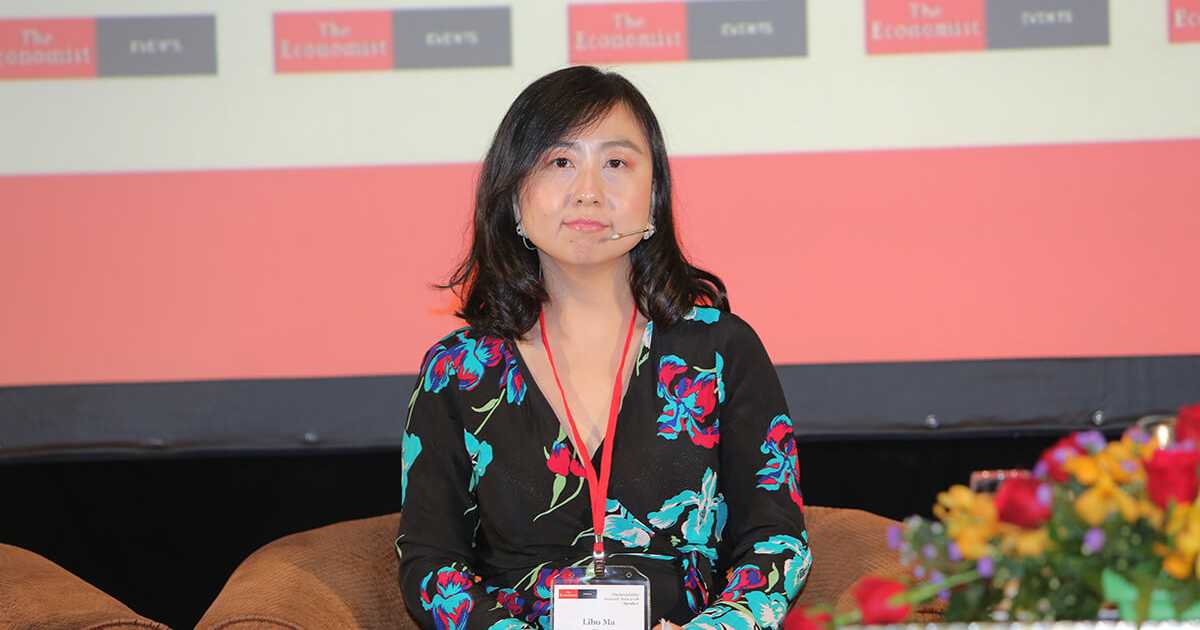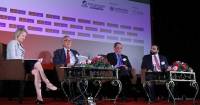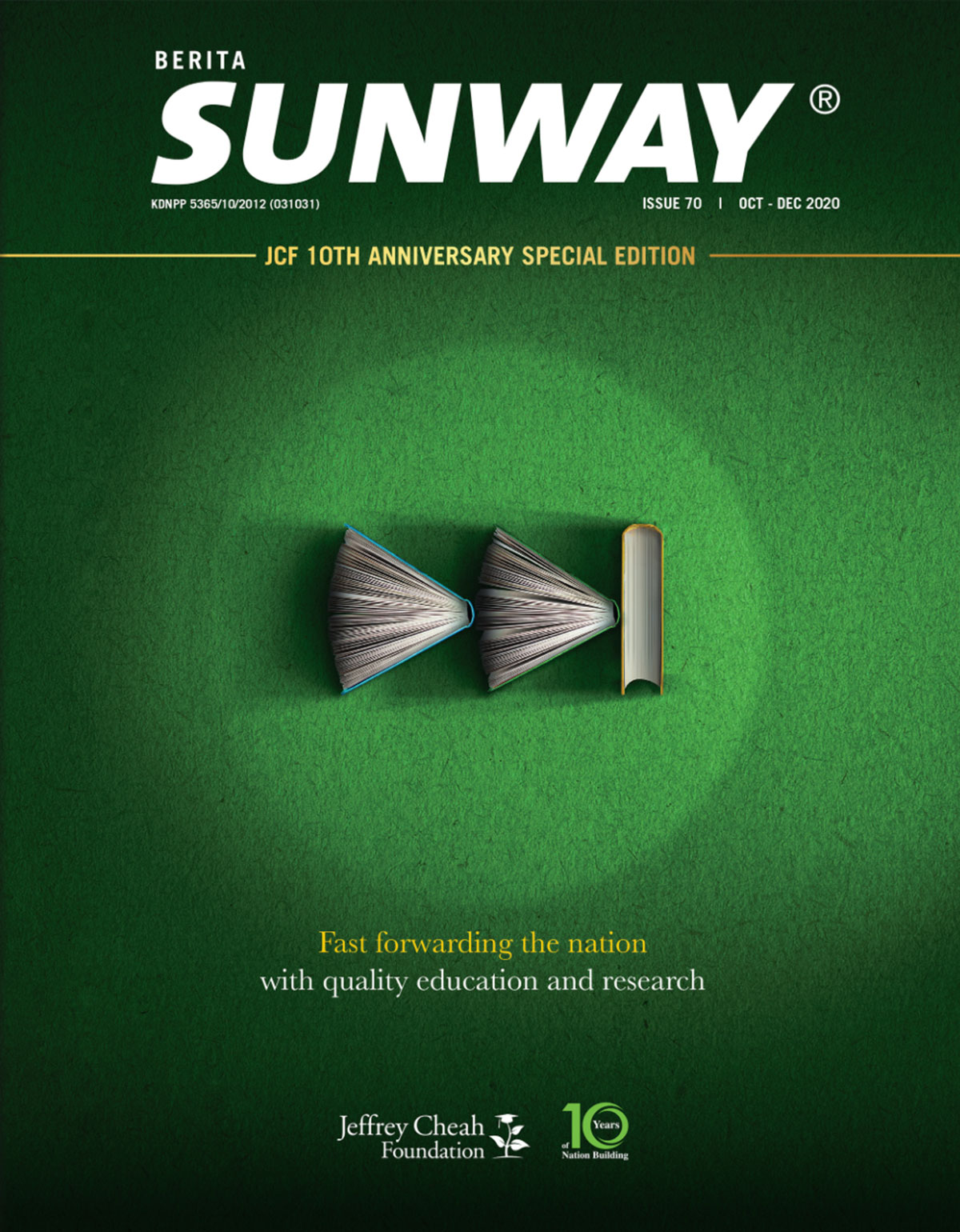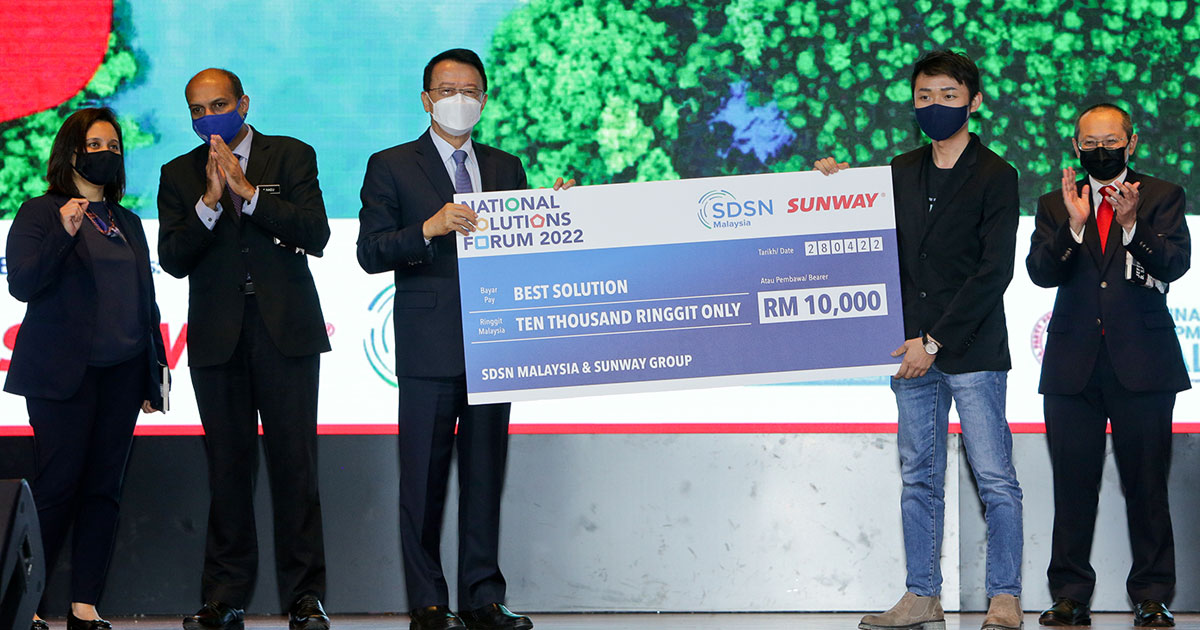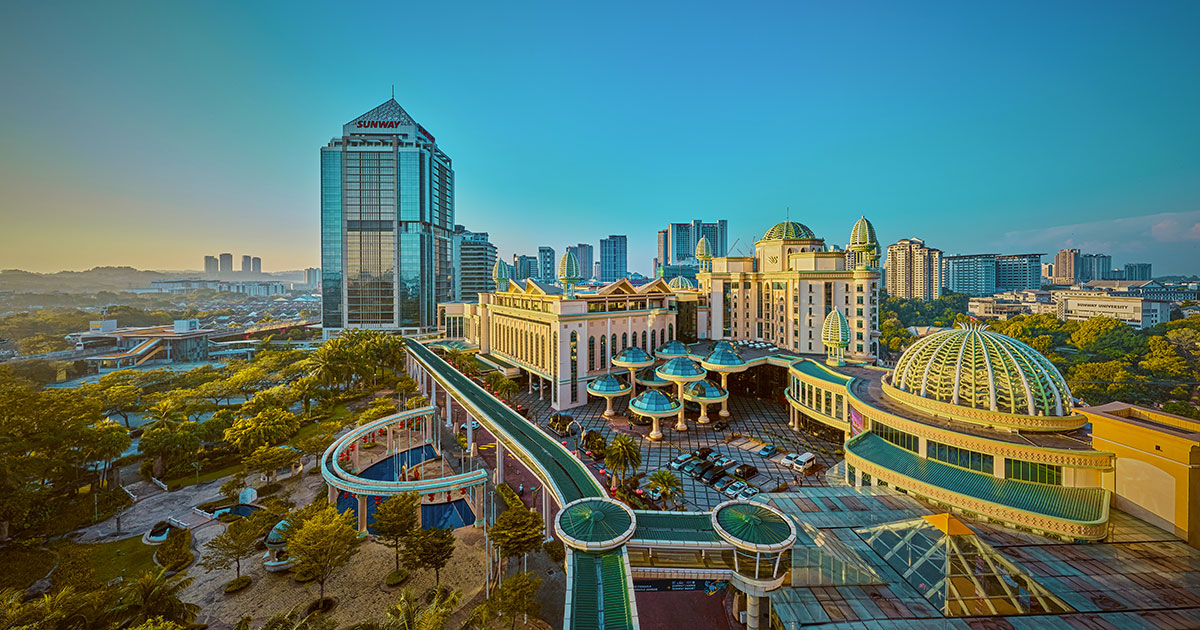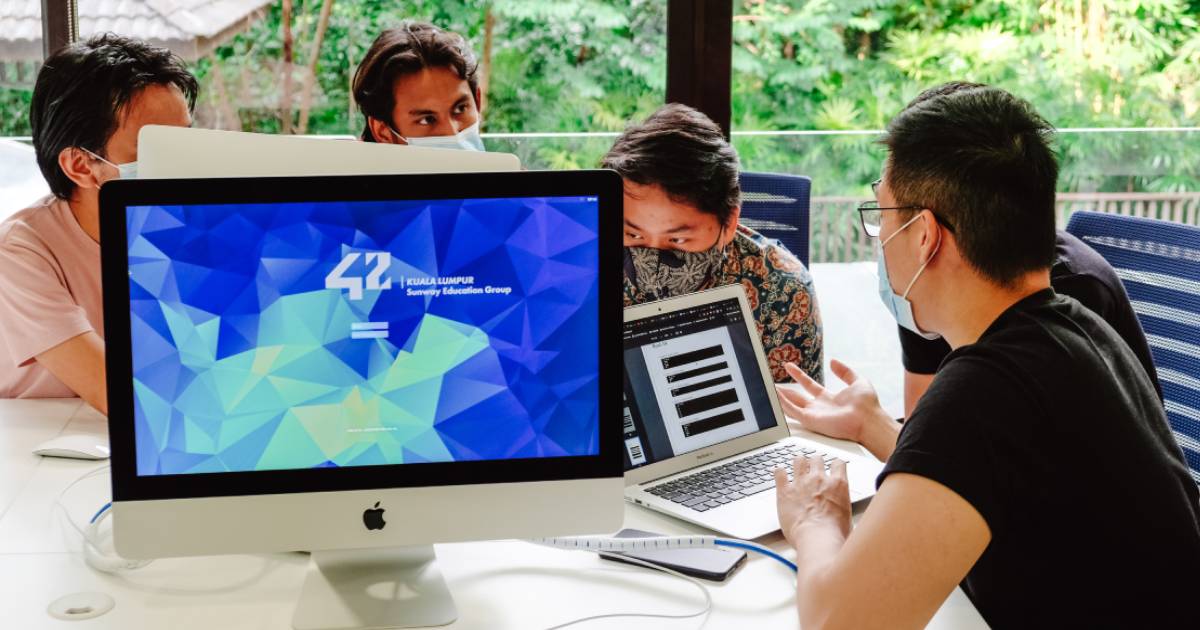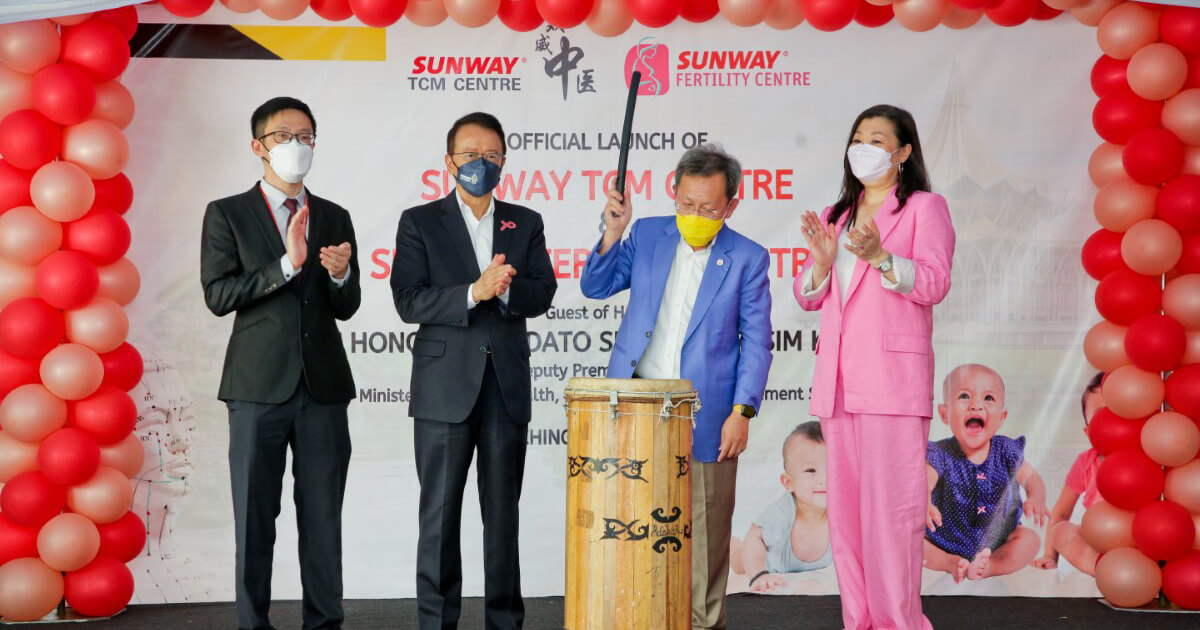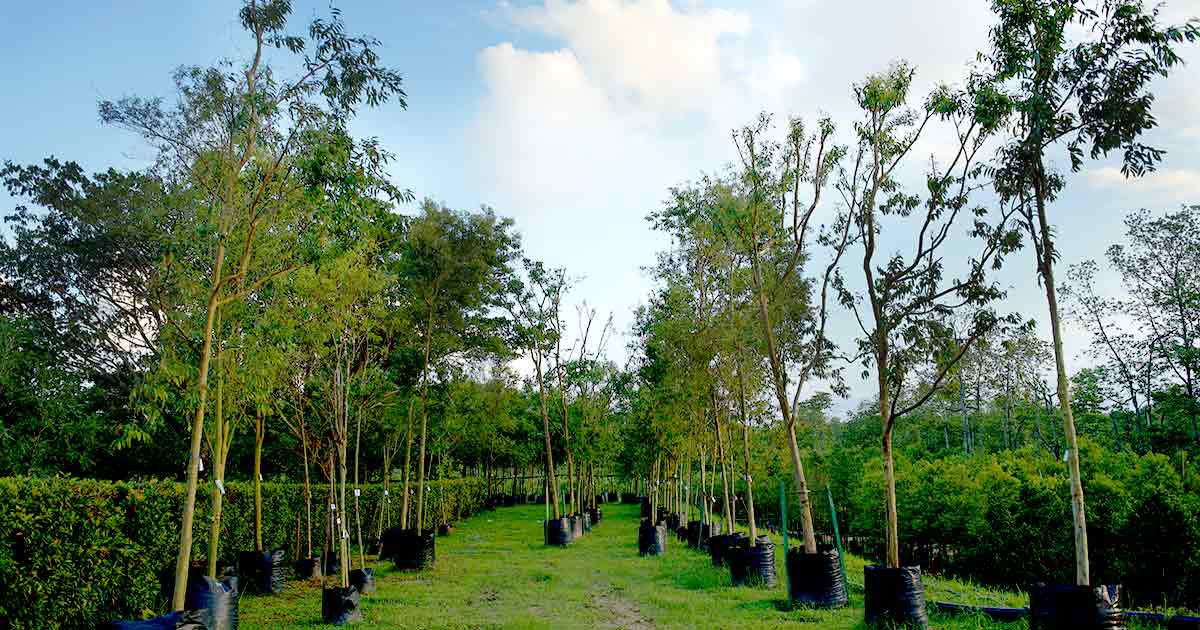SDGs: Mission Possible
-
Professor Jeffrey Sachs was a speaker at the Sustainability Summit Asia 2017 at Sunway Resort Hotel.
-
The rate of progress in many areas of the Sustainable Development Goals is far slower than needed to achieve the targets by 2030, according to the SDG Report 2017.
-
Complexity of the SDG agenda and vested interested was cited as a challenge to achieving the United Nations SDGs.
In September 2015, world leaders from 193 countries agreed to adopt the 2030 Agenda on Sustainable Development, which includes the 17 United Nations Sustainable Development Goals (SDGs), in a move to pursue a sustainable future.
However, two years on, the rate of progress in many areas of the SDGs “is far slower than needed” to achieve the targets by 2030, according to the Sustainable Development Goals Report 2017.
Professor Jeffrey Sachs was a speaker at the Sustainability Summit Asia 2017 that was held on 1st November at Sunway Resort Hotel. The event was organised by The Economist Events with the Jeffrey Sachs Center on Sustainable Development (JSC) at Sunway University as the Founding Supporter.
Established through a gift of US$10 million from the Jeffrey Cheah Foundation, the JSC is the hub of the United Nations Sustainable Development Solutions Network (UNSDSN) for research and policy practice to advance achievement of the Sustainable Development Goals (SDGs) in the ASEAN region.
Complex Goals to Reflect Larger Global Problems
Professor Jeffrey Sachs, Director of the United Nations Sustainable Development Solutions Network (UNSDSN) and Chairman of the Jeffrey Sachs Center on Sustainable Development at Sunway University, concurs. He explained that the goals are complex in nature and cut across many sectors of society.
“We are trying to change the direction of the world’s economy for very good reasons. Currently, the world’s economy is creating too much inequality and it’s creating very serious and growing environmental damage and threats, so that’s never simple [to resolve],” he said.
Asked whether there were too many goals to achieve under the SDGs compared to the eight Millennium Development Goals (MDGs) that preceded them, Sachs disagreed, saying that “the agenda is larger with the SDGs”.
“The forecast of the MDGs was to support the poorest countries to make progress on schools, healthcare, water and sanitation and so on. Here with the SDGs, we have a universal agenda that applies to all countries and a much deeper change that is called for. The SDGs recognise the extent of the challenges we face in the world and I think the goals are actually well-designed, but they definitely call for us to do more than was the case with the MDGs,” he explained.
Opposing Vested Interests
The second challenge that impedes the progress of achieving the SDGs by 2030 is “the complexity of agenda and vested interests”, he said. “As we see in the US, the coal, oil and gas industry is a powerful lobby that is resisting change. At the moment, this lobby has found support in the Republican Party and President Trump. While this is no doubt temporary – because you can’t refuse what is obviously happening in this world [the negative repercussions] – but it is causing delay not only in the US but outside the country as well,” said Sachs.
In June, US President Donald Trump had announced the country’s withdrawal from the Paris Climate Agreement.
As the US is the world’s largest economy and the second largest emitter of carbon emissions, the nation’s withdrawal from the accord was viewed by many as a major setback to fighting climate change. However, Sachs disagreed, saying that Trump’s actions had only served to “strengthen the resolve of the rest of the world”.
“China is saying they are happy to take the lead, and they’re making a major effort to develop the necessary technologies for a low cost transition to a low carbon economy. Even within the US when Trump made the announcement, hundreds of cities, businesses and universities immediately came out and said, ‘You’re not speaking in our name’. Trump’s opposition does not change the determination of the rest of the world,” said Sachs.
Bold Change and A Common Agenda Required
He believes that the SDGs should be beyond partisan politics, as the goals are for the benefit of the people, not one political party over another.
“The most positive point of the SDGs is that they’re very widely adopted and recognised by not only government but business, civil society, universities and researchers. The goals are accepted as globally agreed goals that need to be pursued. We have a common agenda and that’s very important,” he said.
This article first appeared in Berita Sunway Issue 61











